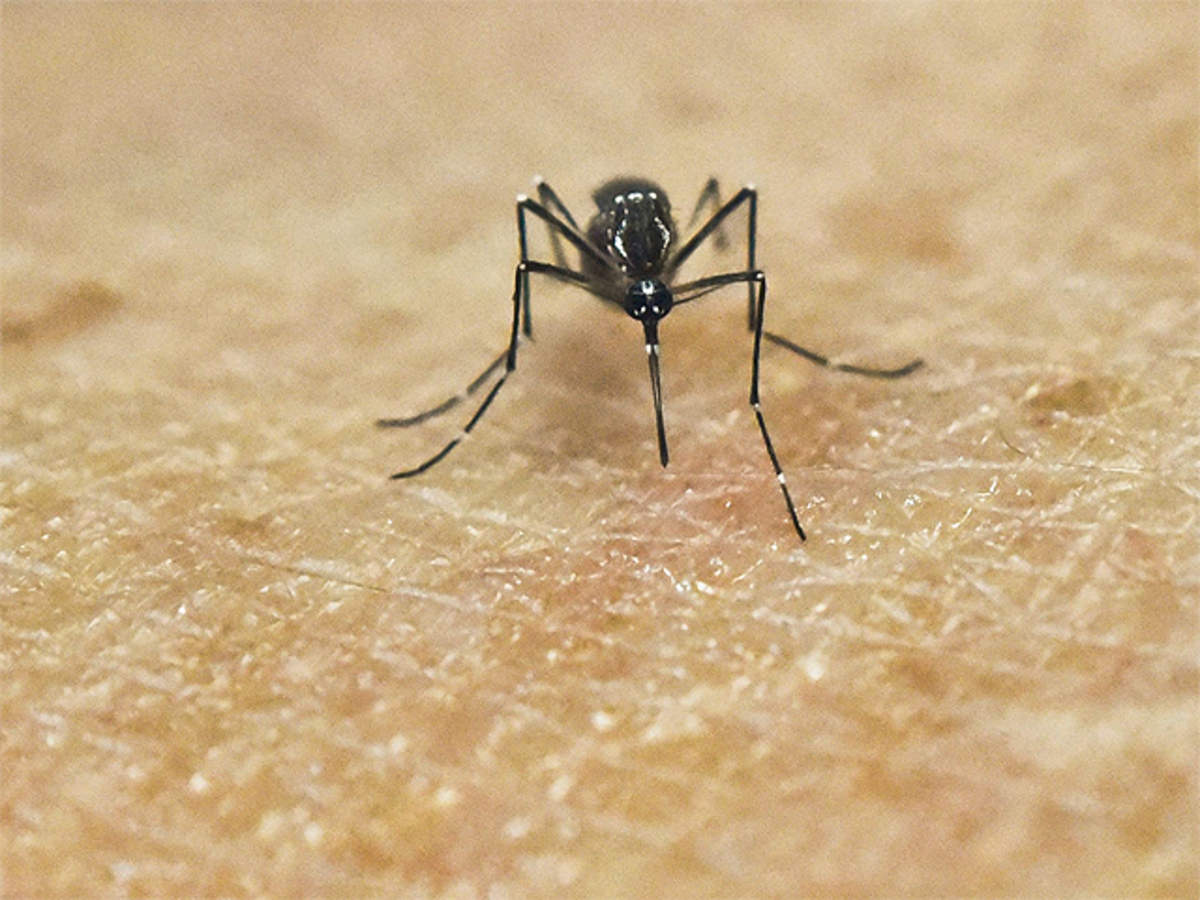Another virus is plotting against us right now. Researchers at the La Jolla Institute for Immunology warned this week that Zika’s ability to mutate and evade previous infections could lead to a new outbreak.
In case you’ve forgotten, there was a large and frightening Zika outbreak in the United States in 2016. According to the CDC, Zika infections in adults can cause flu-like symptoms such as fever, rash, headaches, and joint pain. For pregnant women, the consequences are even worse: Zika can cause gene mutations that harm developing babies, causing brain damage and microcephaly, a lifelong condition that causes the head to shrink.
According to the CDC, the virus, which is primarily transmitted by mosquitos in tropical and subtropical climates, infected at least 40,000 people in the United States and American territories, with Puerto Rico bearing the brunt of the toll. There was also some transmission in Florida and Texas, which resulted in travel warnings, but the virus eventually faded away and we all went about our lives. Fortunately, Zika only reached epidemic levels, which is when an outbreak is confined to a single geographic area, as opposed to a pandemic, which is what COVID is.

The next Zika outbreak may not let us off so easily. According to the scientists’ findings, Zika can mutate very quickly. According to Science Daily, they discovered this by recreating infection cycles between mosquito cells and mice and discovered that an amino acid change aided Zika’s ability to take hold in the body and evade immunity from previous infections. In other words, Zika is extremely adept at producing variants of itself.
Because there is currently no vaccine to prevent Zika, the simplest way to avoid contracting the virus is to use insect repellent to avoid mosquito bites. Although the findings are theoretical, scientists believe they represent an impending real-life scenario that can be avoided or at least mitigated. It also serves as a reminder to me to smack the shit out of mosquitoes whenever I see them.










































